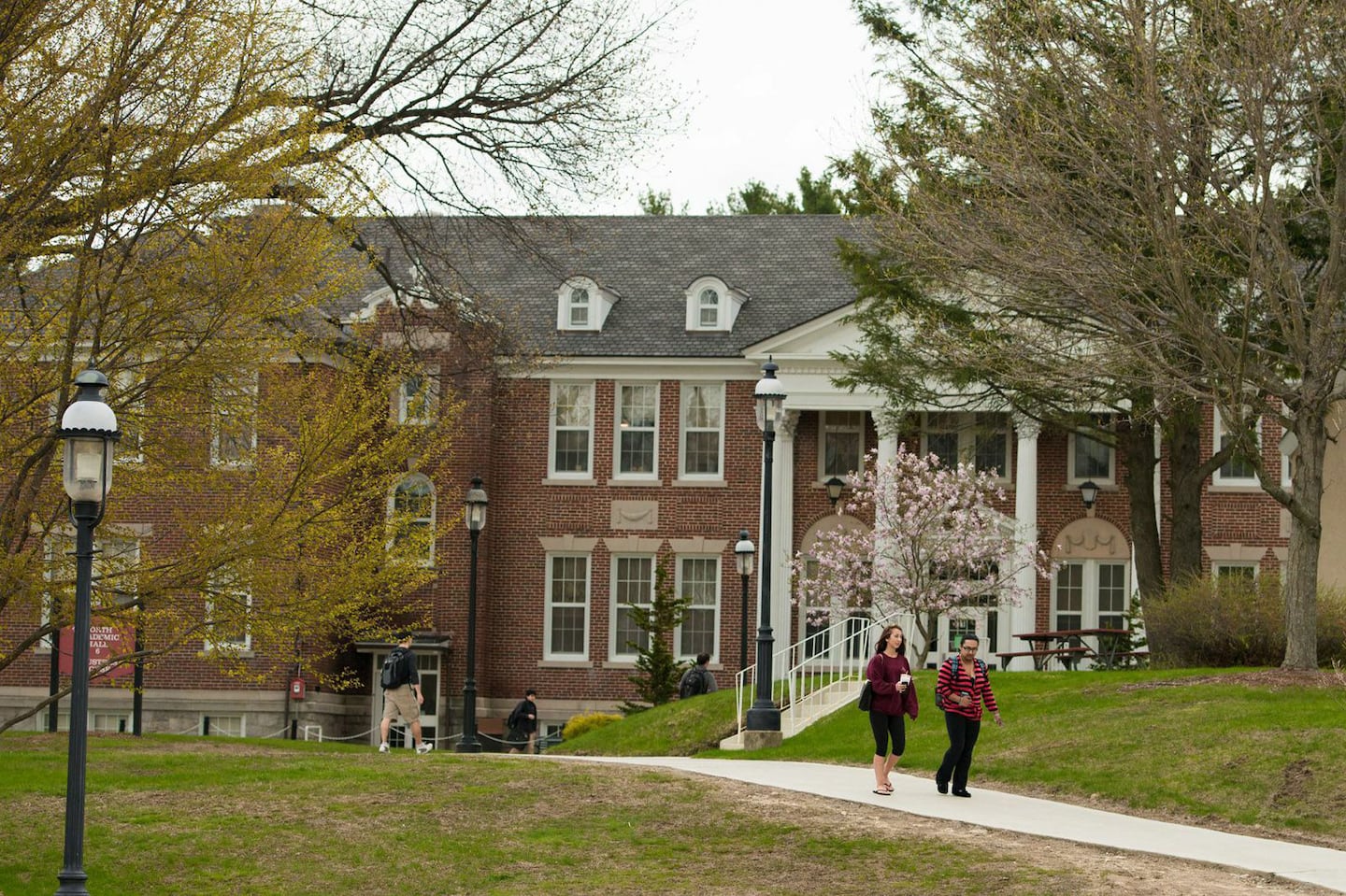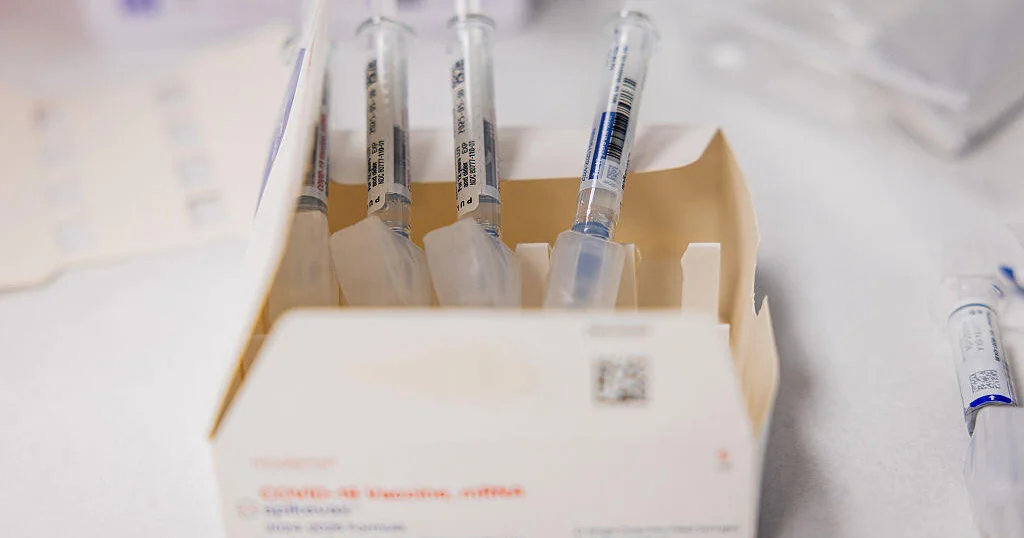
President Trump and health secretary Robert F. Kennedy Jr. have characterized the rise in autism diagnoses in recent years as an epidemic requiring emergency intervention.
This approach is factually wrong: The broadening definition of autism and the improvement in diagnosis in the same time period is largely responsible for the rise. But it’s worse than a simple factual error. Using this framing dehumanizes autistic people in ways that echo the eugenic policies of the early 20th century and is just the latest iteration of politicizing and codifying harmful eugenic frameworks.
Advertisement
Eugenic policies originally sought to improve society by enriching good genes through selective breeding strategies co-opted from agricultural practices and applied to human populations. Inherent in these policies was a hierarchical worth of human traits, a ranking and designation of some lives as not worth living. The Trump administration is reviving eugenic thinking, most recently by targeting autistic people as undesirable lives to be purged from society whether by restricting acetaminophen use during pregnancy (even though the data does not support such a connection), withholding vaccines from children (even though they don’t cause autism), or identifying and eliminating the genetic causes of autism.
This problematic framing of autistic people as problems to be solved can be better understood through the contrasting perspectives outlined in the medical and social models of disability. The medical model of disability views human variation through a lens of deficit. That is, if someone is experiencing difficulty interacting with their environment for any reason — whether physical, intellectual, or emotional — that is because the person has a defect that needs to be treated or cured. In contrast, the social model of disability uses a lens of difference, asking: “What is it about this environment that is disabling and how can we change it to make it accessible?” The essential difference in these perspectives on disability is where the blame lies.
When it comes to autism, clearly the Trump administration has adopted a medical framework of disability, seeking to identify biological causes of autism with the goal of reducing “risk” and eliminating neurodiversity from the spectrum of human behavior. This is very much a modern echo of eugenic policies from the early 20th century that characterized neurodiverse people as feebleminded, idiots, imbeciles, morons, and other harmful labels.
Advertisement
The people these labels were applied to were frequently singled out for forcible sterilization in order to prevent the spread of their “undesirable” genes in the population or, as in the horrific policies in Nazi Germany, were among the first groups targeted for extermination.
Current studies are now seeking to identify the genetic bases of autism, but the stigmatization associated with these research programs and the potential for harm to the autistic community is substantial. Not only do these studies risk applying genetic essentialism (overestimating the genetic contribution to a trait) and genetic determinism (overestimating the ability of a genetic variant to drive an outcome) to a trait that is influenced by a wide range of factors from genetic to environmental, but there is also potential for the findings to be misused to further marginalize the autistic community.
By using a medical framing of disability, in this case related to cognitive ability, policymakers are taking a very unidimensional view on autism or other related identities, focusing exclusively on deficit. Kennedy erroneously reports that “autism destroys families” and that autistic people will “never play baseball, they’ll never write a poem, they’ll never go out on a date. Many of them will never use a toilet unassisted.” This unbalanced and incorrect perspective ignores the many ways in which autistic folks enrich our society, contribute to innovation, and further societal progress, as exemplified by prominent autistic people from Greta Thunberg (climate activist) to Holden Thorp (editor-in-chief of Science).
Politicians are not the only leaders in the U.S. not to recognize the value of embracing difference. Many of the tech elite are also pursuing an impossible standard of genetic “perfection.” In particular, many pronatalists — part of a growing movement to encourage Americans to have more children — have adopted an optimization mindset, wherein they seek to incorporate genetic testing into reproductive technologies to expand families by selecting embryos that embody the traits they view as most desirable.
Advertisement
One leader of the movement, Malcolm Collins, characterizes the pronatalist agenda as an attempt to “transform the current socioeconomic elite into a future biological elite.” Much of their focus has been on enhancing intelligence. Of course, there is no specific test for intelligence, so they may instead use polygenic scores based on studies of IQ to screen and select embryos for implantation, ignoring the reality that these scoring methods are based on tests that have a history of bias and on statistical methods that leave behind communities of color.
Perhaps unexpectedly, some corners of the pronatalist movement might be considered autism-friendly. Collins estimates that approximately one-third of the adults are diagnosed with autism themselves. Perhaps most notably, at least some of the movement’s members have opted not to select against autism in their embryo screening strategies. To be clear, such screening is highly flawed. Autism is a large umbrella with a vast array of heterogeneous presentations; no single genetic test (polygenic or otherwise) or environmental exposure can accurately capture all the potential factors and the many ways in which they might combine to influence a child’s neurological development. In fact, some estimates indicate that it is only possible to identify the genetic contributions to autism in 8%-14% of people already diagnosed. This suggests that the remaining 86-92% of people would receive a false negative test result predictive of neurotypical development if implemented at the embryo screening stage.
Despite the flaws inherent in these embryo screening strategies, an affirmative choice to exclude autism testing from embryo selection is a stance that is inclusive of neurodiversity. However, that is certainly not the mindset of everyone using embryo screening technologies, even though the science on which these technologies are based does not support this application. For their part, pronatalists see what they are doing as different from eugenics, which in their mind is limited to state-sponsored selective breeding. But to me, it seems a bit like toe-may-toe, toe-mah-toe.
Advertisement
The current political establishment and their supporters have consistently pathologized difference, seeking to eliminate “unfit” people from society while simultaneously dramatically cutting services for people living with disabilities. These cuts will limit not only caregiving and medical support, but also opportunities for rich and fulfilling lives. Indeed, we should be focusing on just the opposite, investing in ways to enhance accessibility by applying a social framing.
While autistic folks are currently the subject of the administration’s focus, this particular form of ableism is only a heartbeat away from the myriad other forms of bias running rampant through this administration. The often referenced moral test of the measure of a civilization being based on how it treats its most vulnerable members is not one that the United States would pass today.



